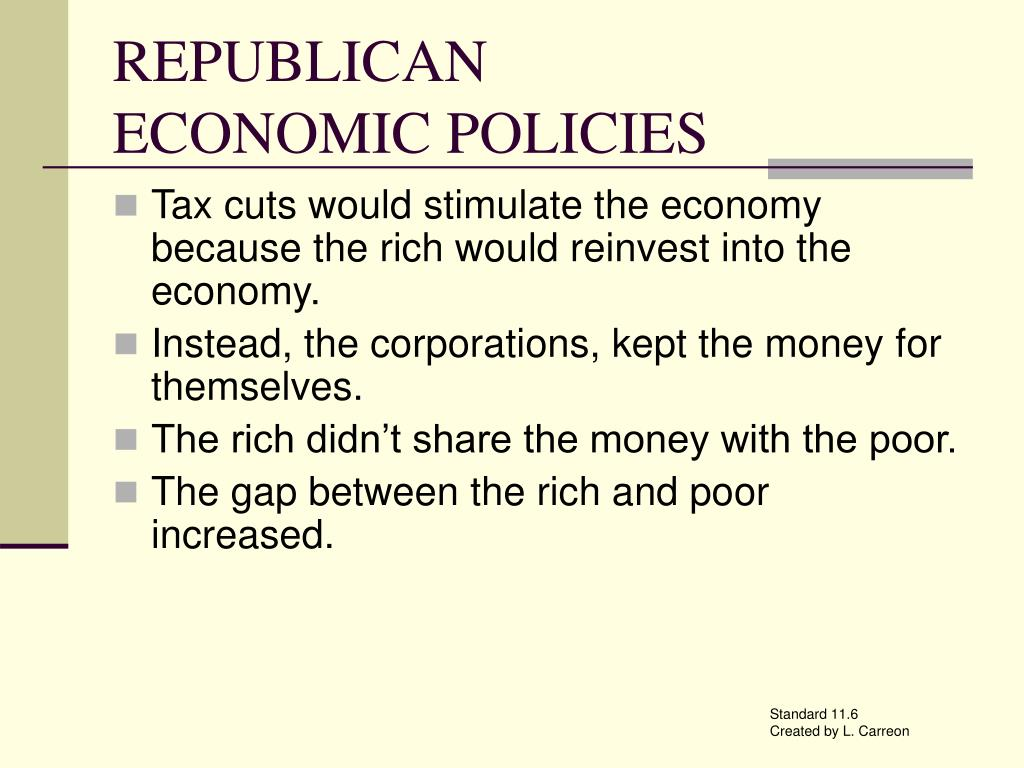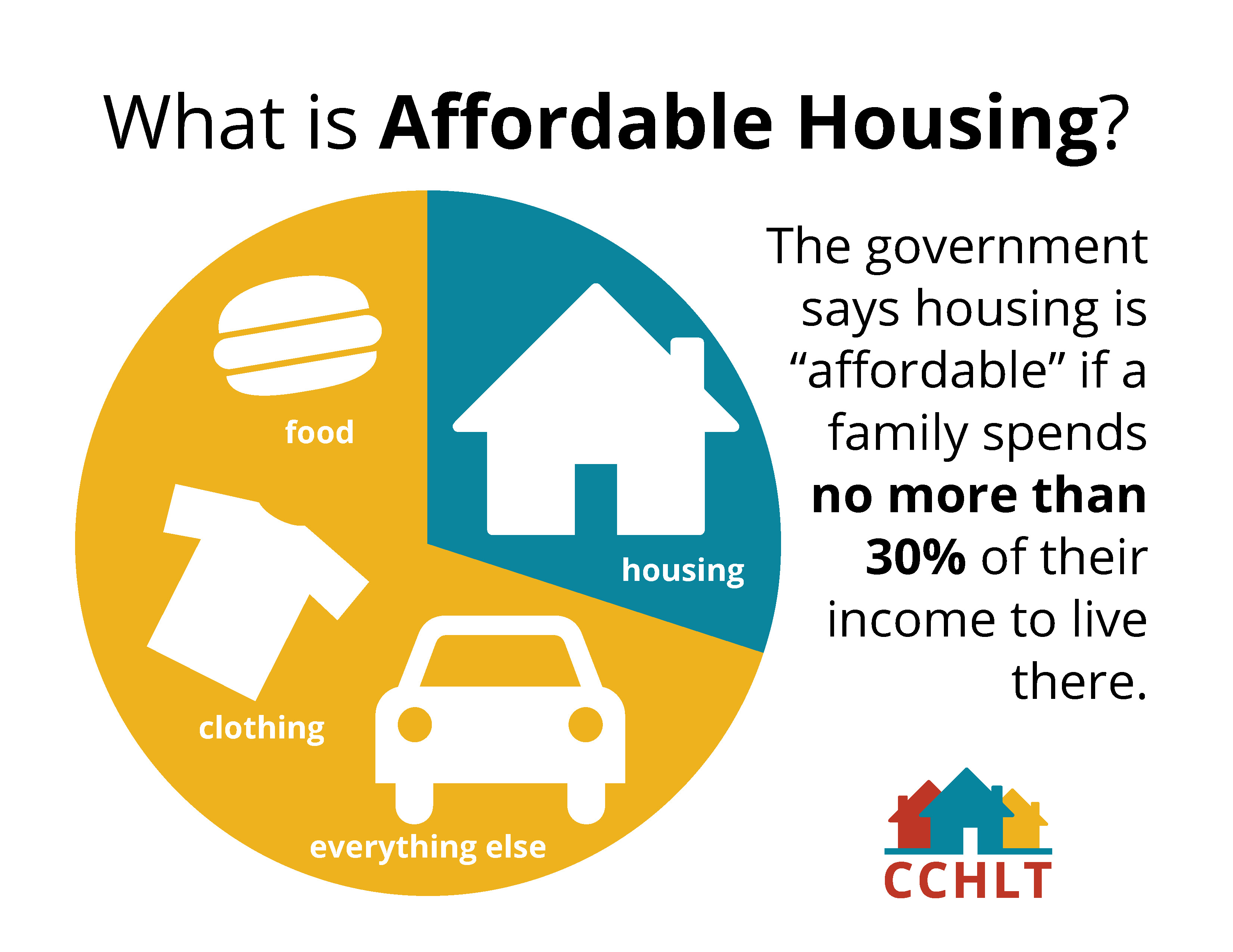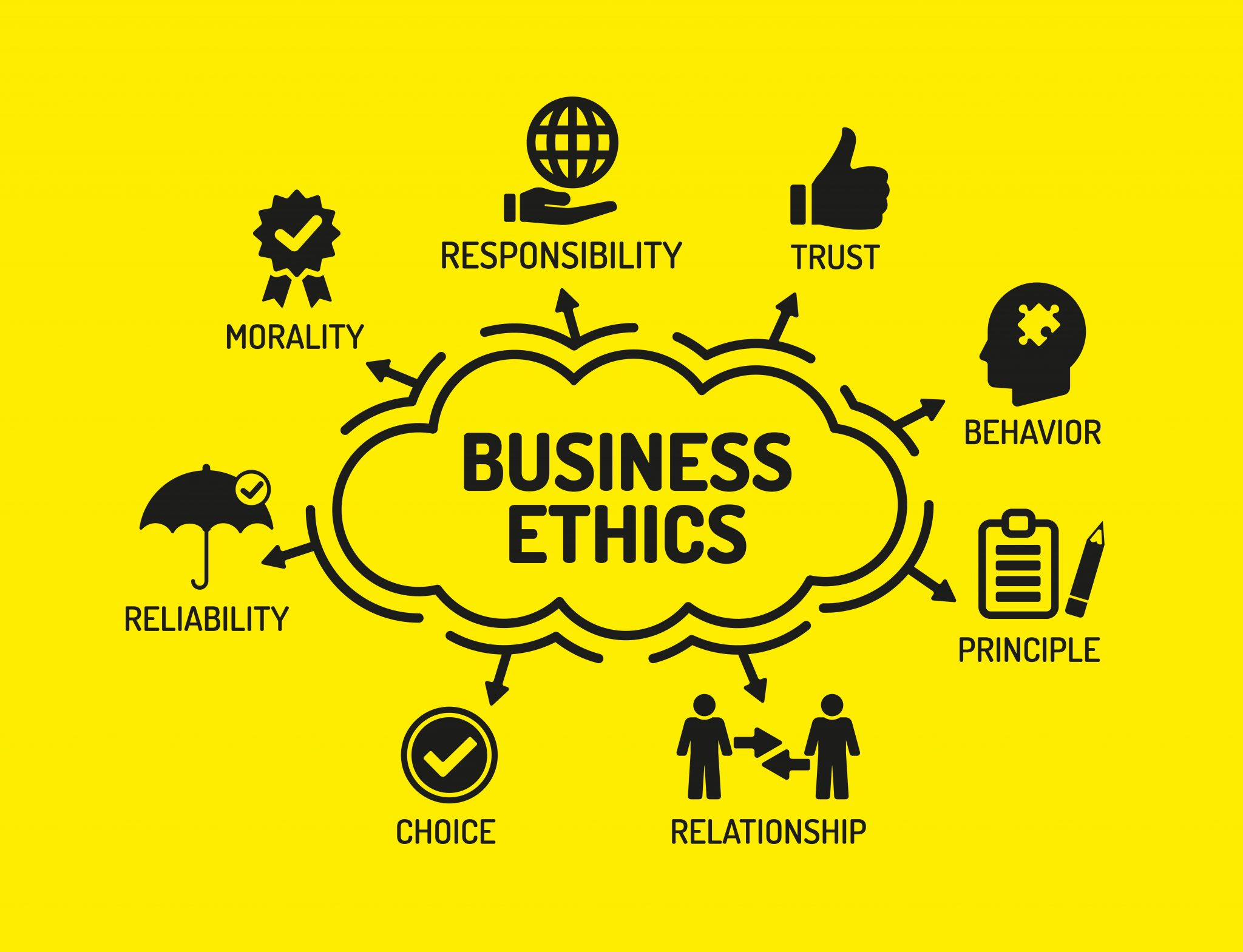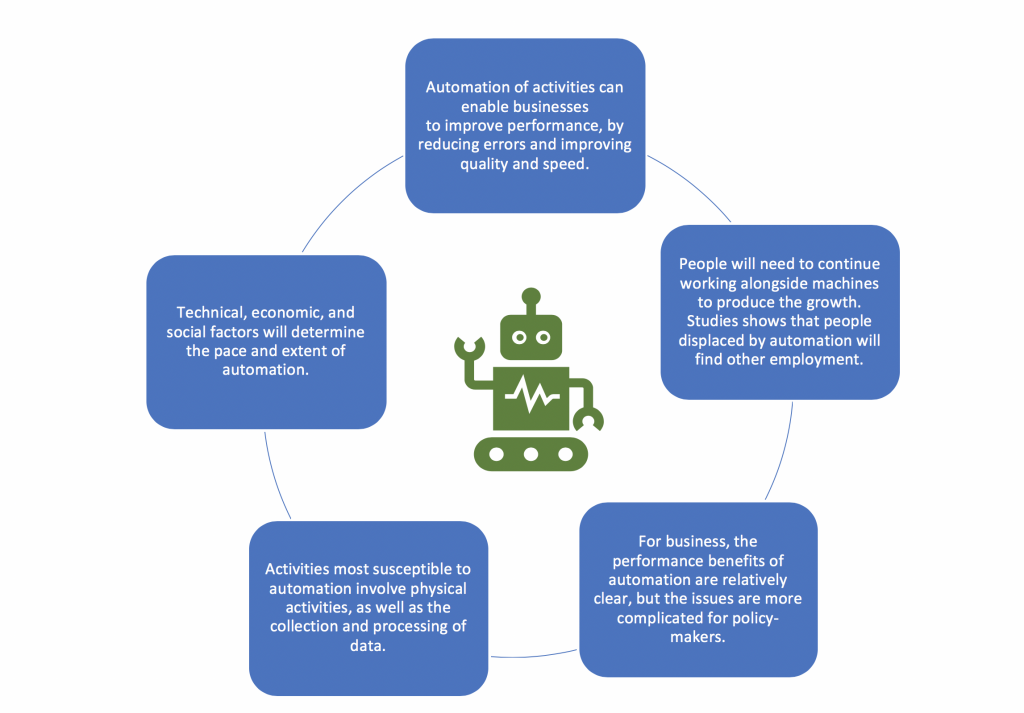Republican economic policies have undergone significant scrutiny, particularly in light of evolving perspectives on the GOP’s approach to the economy, as highlighted by economist Oren Cass. Historically, Republican presidents have deviated from what many now consider the standard GOP economic orthodoxy, leaning towards free-market policies that, according to Cass, often failed to benefit American households. This critique sheds light on the conservative economics that dominated the latter part of the 20th century, where deregulation and unfettered trade practices were extensively praised yet ultimately led to stagnation for the average worker. With a growing number of young policymakers embracing Cass’s ideas, it’s essential to explore how these principles could reshape the future of Republican economic strategies. As the party reflects on its Republican president history, the evolving discourse may herald a move toward more inclusive economic frameworks that prioritize labor and domestic investment over traditional libertarian ideals.
The economic frameworks endorsed by the Republican Party have certainly sparked intense debate over the years, particularly regarding their effectiveness in supporting the American worker. Alternatives to the traditional GOP stance often emphasize a more balanced approach that considers the broader impacts of economic policies on society. As Oren Cass articulates, the shift from previous conservative strategies may indicate a yearning for a return to principles that strengthen the labor force, rather than merely optimizing consumption or profit margins. This discussion aligns with the evolving landscape of conservative politics, where voices advocating for reform are gaining momentum. Therefore, it’s crucial to examine these economic strategies and their potential to redefine the GOP’s commitment to its constituents in today’s complex economic environment.
The Historical Context of Republican Economic Policies
Throughout American history, the economic policies implemented by Republican presidents often diverged from the mainstream perception of GOP economic orthodoxy, particularly the stringent adherence to free-market policies. Notably, figures like Abraham Lincoln and Teddy Roosevelt implemented protective tariffs aimed at bolstering American industry and safeguarding wage-earning Americans, thereby contradicting the more libertarian stances that have become associated with the Republican Party in recent decades. This historical perspective highlights that the GOP’s economic strategies were historically more diversified and did not always align with the laissez-faire principles that dominate current Republican discourse.
Economist Oren Cass emphasizes that the contemporary understanding of Republican economic approaches oversimplifies the complexities of past policies. For instance, during his presidency, Ronald Reagan was often celebrated for his advocacy of free enterprise; however, he raised taxes numerous times and adopted protectionist measures that were integral to sustaining the American labor market. This reveals the inconsistency between the historical application of economic policies under Republican leadership and the idealized version that persists today.
The Rise of Market Fundamentalism
Oren Cass critiques the emergence of market fundamentalism as a dominant philosophy within conservative economics, which has left many working-class families behind. Cass argues that the focus on deregulation and free trade, celebrated by economic libertarians, neglected the crucial role of the labor force in building a robust economy. He suggests that this ideology arose from a coalition of social conservatives, economic libertarians, and national security advocates during the Cold War. However, as the geopolitical landscape shifted, the libertarian ideals began to prevail unchecked, resulting in policies that favored market efficiency over worker empowerment.
This shift contributed to an economic environment where the benefits of productivity and growth have not been equally distributed. While Wall Street thrived, many American households faced wage stagnation and diminishing economic opportunities. Cass points out that the prioritization of cheap consumer goods over sustainable labor market practices is fundamentally flawed. If the market’s purpose is solely to optimize consumption without consideration for the workforce, it risks undermining the very fabric of American society, which relies on the economic stability of its families.
Understanding the Conservative Economic Coalition
The conservative economic coalition, often referred to as the ‘three-legged stool’ of Republican strategy, is increasingly scrutinized in light of its historical implications. Comprising social conservatives, economic libertarians, and national security hawks, this coalition was initially united against the perceived threat of communism. However, the end of the Cold War has revealed fractures within these ideologies, leading to internal conflicts about economic priorities and strategies. Oren Cass argues that as these groups sought to solidify their power, the libertarian faction was left to guide economic policymaking, often without alignment with the broader values of family and community espoused by social conservatives.
As the coalition’s dynamics have evolved, many within the ranks of social conservatives have begun questioning the effectiveness of purely economic libertarian principles that ignore crucial social dimensions. They recognize that a vibrant economy must also promote family-supporting jobs rather than merely focusing on economic growth metrics. This realization has sparked a renewed interest in policies that emphasize both strong labor markets and the welfare of American households, indicating a potential shift back toward a more balanced approach to conservative economics.
Deregulation and Its Consequences
Deregulation has been a hallmark of GOP economic policies over the past few decades, widely promoted as a means to stimulate business growth and innovation. However, Oren Cass argues that this approach has often overlooked its negative implications for the average American worker. The push for a deregulated market environment has led to offshoring and the prioritization of corporate profits over employee welfare, contributing to wage stagnation and reduced job security for millions of Americans. This creates a dichotomy where the benefits of deregulation favor a small fraction of the population while leaving many others struggling to meet their basic needs.
Further, Cass highlights that the long-term consequences of rampant deregulation may undermine the foundational principles of the Republican Party. Instead of fostering a competitive, thriving economy, unregulated markets have resulted in greater economic disparity and an increasing reliance on government assistance programs. As more families turn to Social Security and other federal aids for survival, the sustainability of this economic model is called into question. Cass posits that a reevaluation of deregulation that incorporates worker rights and protections could better reflect the traditional Republican values of economic opportunity and community well-being.
Revisiting Reaganomics in the Modern Era
Reaganomics is often heralded as the gold standard of conservative economic philosophy, associated with tax cuts, deregulation, and the free market. However, Cass posits that the reality of Reagan’s economic policies was far more nuanced than commonly portrayed. He points out that while Reagan did champion free-market principles, he was also pragmatic about the state’s role in aiding economic stability through government interventions, including price supports and disaster relief for farmers. This complexity challenges the modern interpretation of Reaganomics as an unrestricted free-market ethos and invites a reconsideration of what modern conservative economic policies should entail.
Understanding Reagan’s approach underscores the possibility for contemporary Republicans to recalibrate their economic strategies. Embracing a more nuanced framework could allow for a reconciliation of the party’s traditional values with modern economic challenges. This would involve recognizing the importance of a government role in promoting fair labor practices and supporting American workers, as both Reagan and earlier Republican presidents did. By doing so, the GOP could attract a broader base while remaining true to its historical roots.
The Need for a New Economic Narrative
As the landscape of American politics shifts, there is a pressing need for conservatives to reassess their economic narrative. Oren Cass emphasizes that the singular focus on individualism and market freedom has not yielded positive outcomes for many Americans. To rebuild trust and support among voters, the Republican Party must foster a narrative that champions economic resilience, community strength, and the empowerment of workers. This requires moving beyond simple free-market rhetoric to a more comprehensive understanding of how economic policies affect families and local communities.
By integrating social conservatism with economic principles that uplift the workforce, Republicans can create an approach that resonates with a much wider audience. This new narrative would advocate for responsible government involvement that encourages domestic investment, promotes job growth, and nurtures the American family structure. It is this intersection of conservative values and practical economic strategies that has the potential to redefine Republican economic policies in the coming years.
The Intersection of Left and Right Economic Perspectives
Oren Cass highlights an intriguing phenomenon where several prominent figures from both the left and right, such as Bernie Sanders, Elizabeth Warren, Marco Rubio, and J.D. Vance, are increasingly vocalizing similar concerns about the state of the economy. This emerging consensus spans across traditional ideological lines, suggesting that both sides recognize the failings of market fundamentalism and its impact on the working class. Such a crossover may offer opportunities for constructive dialogue about future economic policies that could bridge partisan divides.
By acknowledging that issues like wage stagnation, offshoring, and economic inequality are problems shared across the political spectrum, there is potential for collaborative efforts that focus on meaningful reforms. Both Republicans and Democrats can work towards solutions that prioritize the welfare of American families rather than purely adhering to free-market orthodoxy. This paradigm shift could lead to the formulation of policies that resonate with a broader electorate, ultimately benefiting workers from all walks of life and reshaping the economic landscape.
Rethinking the Role of Policymakers
A critical examination of the role of policymakers is essential to address the shortcomings of the current economic model. Oren Cass asserts that the responsibilities of policymakers extend beyond merely facilitating a free market; they should actively engage in crafting environments conducive to family stability and workforce empowerment. This redefinition of roles invites a robust analysis of regulations and institutions that govern the economy and emphasizes the need for a framework that supports rather than undermines hardworking Americans.
This perspective advocates for a proactive government approach that fosters conditions for productive economic growth while ensuring that the fruits of this growth are equitably shared. By implementing policies aimed at bolstering domestic industries, enhancing educational opportunities, and nurturing local communities, policymakers can help cultivate a more resilient economy. This strategy reaffirms the potential of both conservative economic principles and progressive social values in building a future that prioritizes collective well-being.
The Future of Conservative Economics
As the Republican Party navigates its evolving identity, the future of conservative economics will likely hinge on its ability to adapt to contemporary challenges while remaining true to its foundational principles. To revitalize its appeal among younger and more diverse voters, the GOP must embrace a more integrative approach to economic policy. Recognizing the limitations of free-market policies—especially when they detract from the welfare of the working class—will be essential in redefining Republican economic orthodoxy.
By fostering a progressive vision that equally values free-market dynamics and the importance of strong community ties, the Republican Party can work toward creating a more inclusive economy. This entails prioritizing economic initiatives that reinforce social infrastructure and reinforce the values of hard work and family support. As economic challenges become more complex, the party’s ability to innovate its economic policies in response to these issues will ultimately determine its future in American politics.
Frequently Asked Questions
What are Republican economic policies and how do they differ from traditional GOP economic orthodoxy?
Republican economic policies primarily emphasize free-market principles, deregulation, and lower taxes, aiming to stimulate economic growth. However, many argue that these principles have strayed from traditional GOP economic orthodoxy, which historically focused on enhancing the labor force and supporting domestic industries. Economist Oren Cass highlights that past Republican presidents, like Reagan, did not fully adhere to this doctrine, often incorporating protective measures to support American wage earners.
How does Oren Cass critique current Republican economic policies?
Oren Cass critiques current Republican economic policies by arguing that the singular focus on free-market ideals, such as deregulation and unfettered trade, has failed to deliver real benefits to American households. He suggests that this ‘market fundamentalism’ neglects the importance of building a strong labor force and protecting domestic industries, thus straying from the core values that traditionally guided GOP economic thinking.
What historical examples illustrate deviations from GOP economic orthodoxy?
Historical examples illustrating deviations from GOP economic orthodoxy include Abraham Lincoln and Teddy Roosevelt, who imposed tariffs to protect American industries, and Ronald Reagan, who, despite being a proponent of free enterprise, raised taxes multiple times and initiated farm aid programs. These actions reflect a prioritization of worker welfare over strict adherence to free-market policies, highlighting a complex history in Republican economic strategies.
How have changes within the Republican Party impacted their economic policies?
Changes within the Republican Party, especially since the Cold War, have led to a fragmentation of its foundational coalition of social conservatives, economic libertarians, and national security hawks. As these groups vied for control, economic libertarians began promoting policies that focused primarily on individual consumption and market deregulation, often sidelining the traditional GOP priorities around labor and family welfare, as noted by economist Oren Cass.
What role do Republican economic policies play in today’s political landscape?
Today’s Republican economic policies are often debated within the context of the party’s evolving identity and economic challenges facing American families. With a rising awareness of issues such as stagnant wages and increased dependency on government support, there is a growing call among some Republican policymakers, influenced by Oren Cass, to pivot towards policies that not only empower consumers but also invest in strengthening families and communities, in line with conservative economics.
Why is Oren Cass’s perspective on Republican economic policies gaining traction?
Oren Cass’s perspective is gaining traction among younger conservative policymakers due to its alignment with increasingly shared concerns about the economy’s impact on working-class families. His emphasis on re-evaluating free-market policies to focus on labor force growth and community investment resonates with those who see the limitations of traditional Republican economic orthodoxy in addressing contemporary economic disparities.
What implications do current Republican economic policies have for American households?
Current Republican economic policies, when focusing heavily on deregulation and tax cuts, have been criticized for failing to enhance the financial well-being of American households. As Oren Cass points out, this approach has contributed to wage stagnation and increased reliance on government assistance. The implication is a need for a shift towards policies that foster job growth, support wages, and ultimately strengthen the economic stability of families across the country.
How can policymakers strike a balance in Republican economic policies to benefit American workers?
Policymakers can strike a balance in Republican economic policies by integrating a focus on labor and domestic investment alongside traditional free-market principles. According to Oren Cass, this involves establishing rules and institutions that promote productive applications of the market, ensuring that economic growth translates into tangible benefits for workers and families rather than solely maximizing consumer choice.
| Key Point | Explanation |
|---|---|
| Historical Divergence | Republican presidents have historically deviated from modern GOP economic orthodoxy, focusing more on bolstering the labor force rather than strict deregulation. |
| Economic Policies of Notable Presidents | Presidents like Lincoln and Reagan implemented protectionist measures and government aid that contradict contemporary views of free-market policies. |
| Coalition Politics | The ‘three-legged stool’ coalition of economic libertarians, social conservatives, and national security hawks fell apart post-Cold War, impacting economic policies. |
| Critique of Economic Libertarianism | Oren Cass argues that economic libertarianism’s focus on consumer goods over worker empowerment has left many American households behind. |
| Economic Responsibility | Cass emphasizes that the market’s purpose is not only consumption but also to empower workers and strengthen communities, necessitating a proactive role for policymakers. |
Summary
Republican economic policies have often diverged from traditional GOP orthodoxy, especially in the face of changing economic and political landscapes. Oren Cass argues that past Republican administrations successfully advocated for a strong labor force, utilizing government intervention when necessary. However, the modern emphasis on deregulation and libertarian economic principles has frequently overlooked the importance of worker empowerment and community welfare, which has ultimately failed to benefit the average American household. As the party evolves, there is a potential consensus emerging about the need for a more worker-centered economic approach within Republican economic policies.




